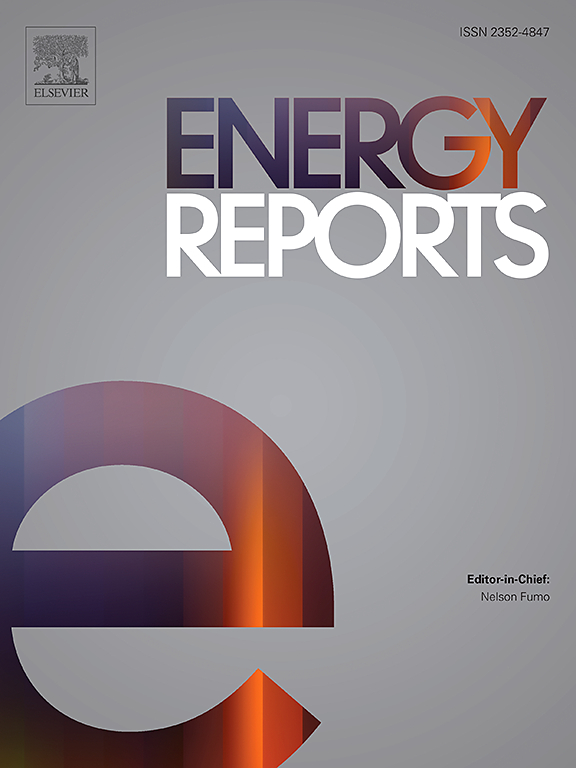Driving sustainable hydroelectric investments: Leveraging two-step logarithmic normalization for sustainable investment prioritization
IF 5.1
3区 工程技术
Q2 ENERGY & FUELS
引用次数: 0
Abstract
Hydroelectric energy investments involve substantial techno-economic risks that can increase costs and undermine economic sustainability if not properly managed. However, the literature lacks comprehensive studies addressing these risks. This study proposes a novel decision-making model to identify and prioritize strategies for effective risk management in hydroelectric projects. The model integrates z-scoring for expert selection, the Criteria Importance Assessment (CIMAS) method for weighting criteria, and the Alternative Ranking using Two-Step Logarithmic Normalization (ARLON) method for ranking EU-15 countries according to their strategies. Pythagorean fuzzy numbers are incorporated to better handle uncertainty and improve evaluation accuracy. Results indicate that challenges in adopting new technologies and grid integration issues are the most influential risk factors. The findings provide actionable insights for policymakers and investors to enhance the sustainability and efficiency of hydroelectric energy investments. Policymakers should implement targeted incentives and regulatory frameworks to accelerate technology adoption and address grid integration challenges in hydroelectric projects. Strategic planning should prioritize infrastructure modernization, cross-border energy cooperation, and capacity-building programs to enhance sector resilience and investment security.
推动可持续水电投资:利用两步对数归一化实现可持续投资优先级
水电能源投资涉及巨大的技术经济风险,如果管理不当,可能会增加成本并破坏经济的可持续性。然而,文献缺乏针对这些风险的全面研究。本研究提出了一种新的决策模型来识别和优先考虑有效的水电项目风险管理策略。该模型集成了用于专家选择的z评分,用于加权标准的标准重要性评估(CIMAS)方法,以及使用两步对数归一化(ARLON)方法的替代排名,用于根据欧盟-15个国家的战略进行排名。引入了毕达哥拉斯模糊数,以更好地处理不确定性,提高评价精度。结果表明,采用新技术的挑战和电网整合问题是影响最大的风险因素。研究结果为决策者和投资者提高水电能源投资的可持续性和效率提供了可行的见解。政策制定者应该实施有针对性的激励措施和监管框架,以加速技术的采用,并解决水电项目中电网整合的挑战。战略规划应优先考虑基础设施现代化、跨境能源合作和能力建设项目,以增强行业韧性和投资安全。
本文章由计算机程序翻译,如有差异,请以英文原文为准。
求助全文
约1分钟内获得全文
求助全文
来源期刊

Energy Reports
Energy-General Energy
CiteScore
8.20
自引率
13.50%
发文量
2608
审稿时长
38 days
期刊介绍:
Energy Reports is a new online multidisciplinary open access journal which focuses on publishing new research in the area of Energy with a rapid review and publication time. Energy Reports will be open to direct submissions and also to submissions from other Elsevier Energy journals, whose Editors have determined that Energy Reports would be a better fit.
 求助内容:
求助内容: 应助结果提醒方式:
应助结果提醒方式:


